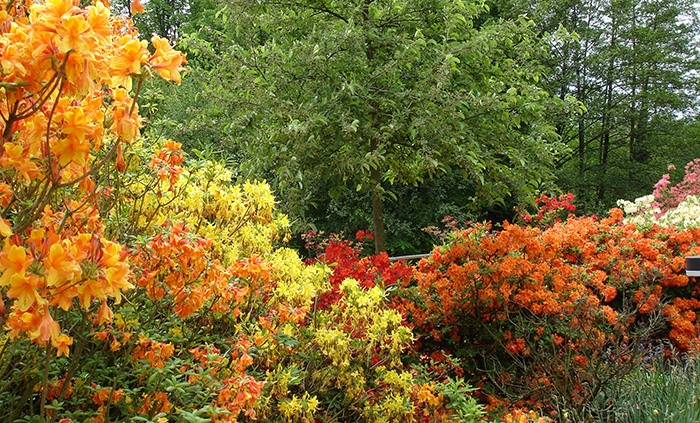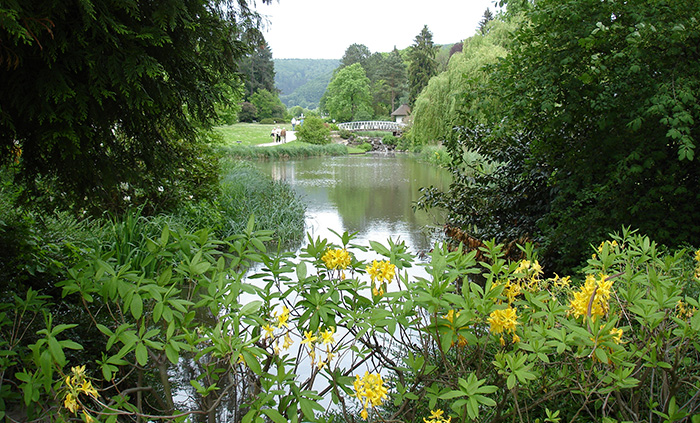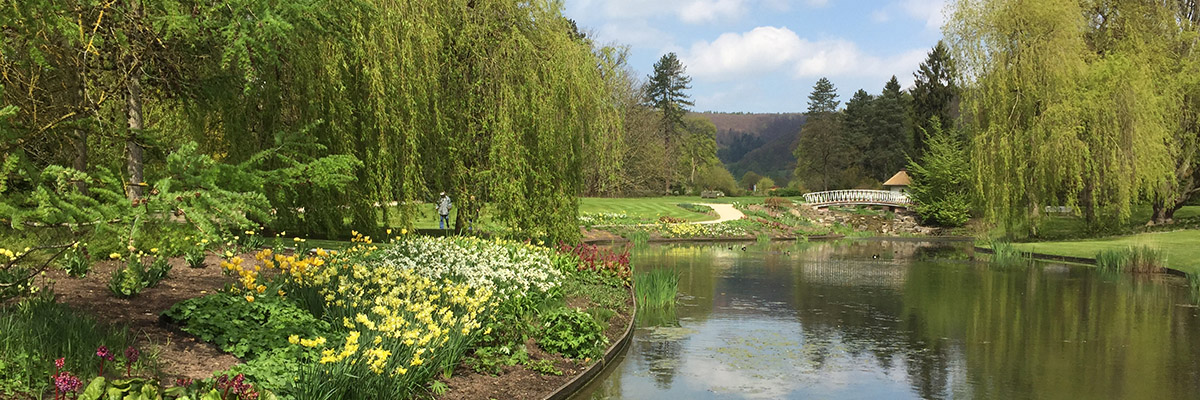Festivals
The celebration of festivals, like pilgrimage, is an ancient practice amongst humanity and a vital part of communal life.
Essentially, a festival is a special feast held to mark a special occasion. A feast is centred around a meal enjoyed with other people, whether it be family, friends or the larger community. The meal is made special by its contents, how it is prepared and presented, and various enjoyable activities added to it, such as music and dance. When associated with religious beliefs and activities, it also includes prayer and ritual.
Although some festivals are one-off events, to mark a unique event, most are part of a recurring cycle of time, whether it be daily, weekly, monthly, annually, or some greater time cycle. Birthdays, wedding anniversaries, Christmas and the New Year are celebrated annually, for instance. Full moon festivals are celebrated monthly (approximately). Easter is a full moon festival that is celebrated annually. Saints days are annual events, usually marking the anniversary of the saint's death. People who celebrate sunrise and sunset are marking key moments in the daily cycle.
Each religion has its own calendar of religious festivals. But, although often obscured by a multitude of names, symbols, beliefs and feast days, the great religions all share certain festivals in common which are immensely important to humanity as a whole. These festivals mark key moments in the planetary cycles of time, which in turn affect everyone in the world, regardless of which culture, religion, belief or non-belief they might have. These are the Great Festivals or World Festivals.
The Great or World Festivals mark the key divisions of the lunar and solar cycles. The lunar cycle is marked by the lunations, which is approximately a monthly cycle (28-29 days). The lunar festivals normally celebrate the full and the new (or dark) moons. The solar cycle, on the other hand, is the annual cycle. The solar festivals celebrate the solstices, equinoxes and quarterdays.
These Great Festivals celebrate the major power points in time, which affect us and nature profoundly. The solar festivals in particular are like chakras, but occurring in time rather than space. The eight-spoked Wheel of Life is a key to understanding them.
Why is such festival celebration beneficial? Because with each festival we generate a lot of goodwill and joy, which is an energy and a consciousness. This is focused, like a lens, by the event. This energy of goodwill and joy is added to the world consciousness and planetary body in a rhythmic way and in harmony with the earth-moon or earth-sun relationship, which is to do with the giving and receiving of light. And, as most people know, doing something in a rhythmic way is a powerful thing, as also is light.
Moreover, the Great Festivals transcend religion and culture. If we were to celebrate them all over the world - and in the right places, the key places of the landscape - then the beneficial effect they could have on the whole world would be enormous.
See the Zoence website for more detailed information on the Great Festivals.

Display of flowers in the Kurpark, Bad Pyrmont
Flowers play an important role in the celebration of any festival. Representatives of harmony and beauty, they are a delight to the senses and always bring an aura of their own into any room or gathering, which is both healing and uplifting. They have the power to bring joy to the heart, and as such are a living example of what festival celebration can and should do.
A beautiful garden and park, such as this Kurpark in Germany, is a reminder to us of how man can work harmoniously and in partnership with nature, so that both rejoice in life and flourish to their very best.

Lake view, the Kurpark, Bad Pyrmont
Each summer I lead a summer school in Bad Pyrmont, and often give Zoence workshops at other times of the year.
Bad Pyrmont is the focus of one of the landscape chakras in the great landscape zodiac centred on the Externsteine—a remarkable and famous natural feature nicknamed 'the Dragon Rocks'. The summer schools are dedicated to exploring and understanding this landscape zodiac. Like a garden, a landscape zodiac can be a great delight and teacher. Moreover, a landscape zodiac is a large-scale 'cosmic' chakra and therefore a potential 'transmuting machine'.
